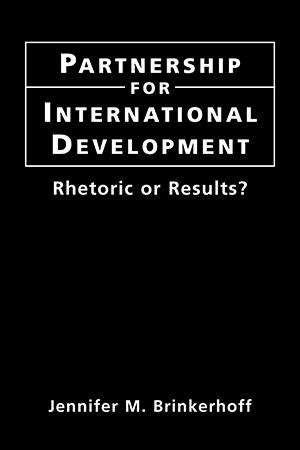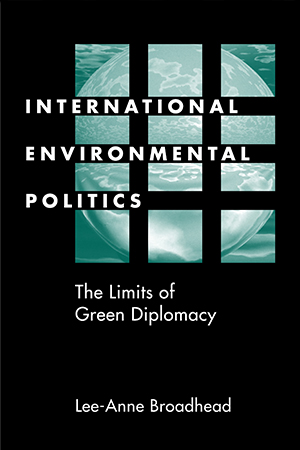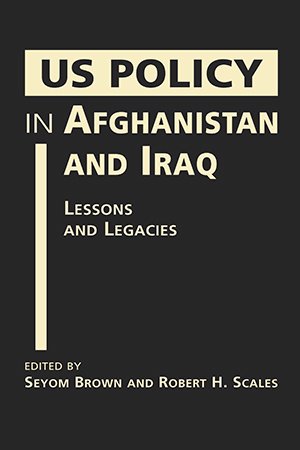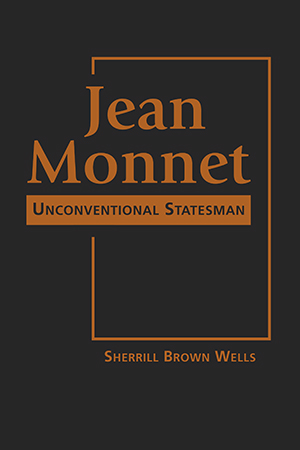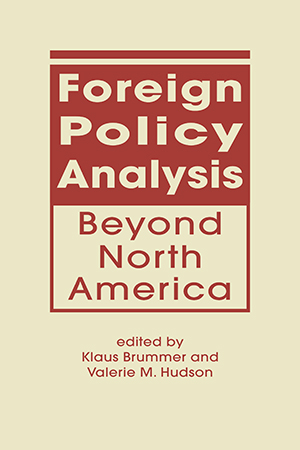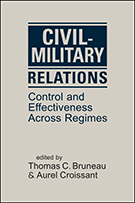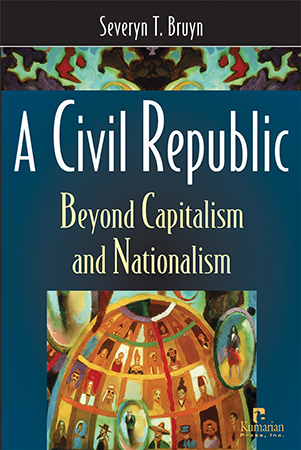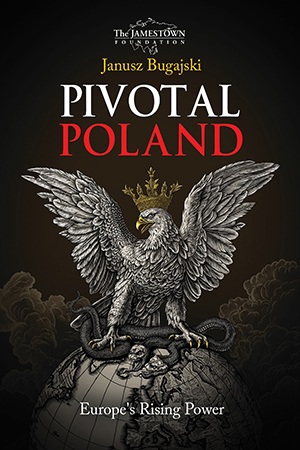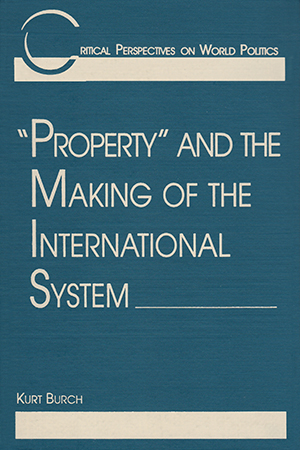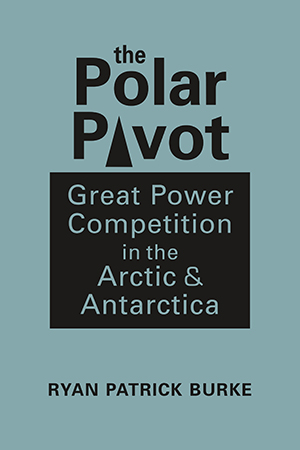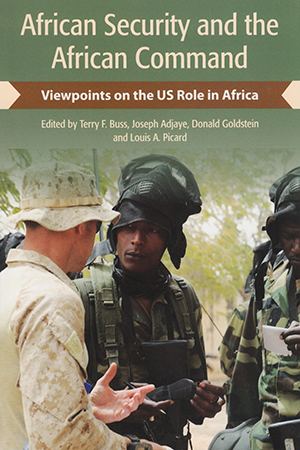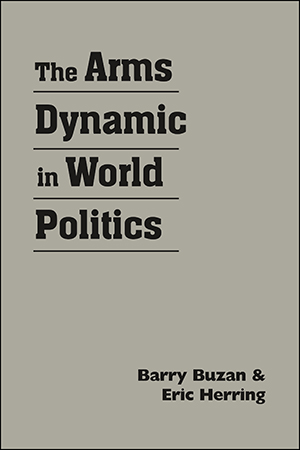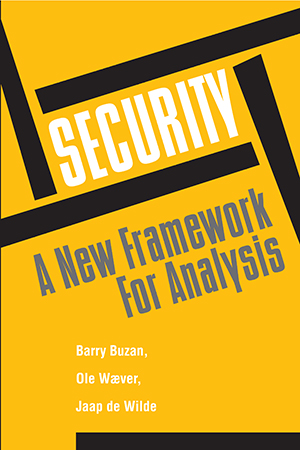International Relations (all books)
In the search for institutional models that can deliver more and better development outcomes, partnership is arguably among the most popular solutions proposed. But the evidence of More >
Introducing students to global environmental politics from a critical perspective, Lee-Anne Broadhead reveals the yawning gap between the rhetoric of international agreements and the reality More >
How have the costs, both human and material, of US involvement in the conflicts in Afghanistan and Iraq affected the country's will for conducting regime-change operations? What are the More >
How did Jean Monnet, an entrepreneurial internationalist who never held an elective office, never joined a political party, and never developed any significant popular following in his More >
North American scholars typically do not hesitate to make pronouncements about foreign policy processes and outcomes in other countries. And despite ample evidence to the contrary, the More >
How does civilian control affect military effectiveness? Can a balance be achieved between the two? In-country experts address these questions through a set of rich comparative case studies. More >
Severyn T. Bruyn argues that—in a world of injustice, ecological destruction, violence and instability, weapons of mass destruction, and the rise of authoritarian government—our More >
Russia's full-scale invasion of Ukraine precipitated a tectonic shift in European security dynamics, ending a relatively peaceful post–Cold War phase and moving the epicenter of More >
International political economy is both a discipline and a set of global practices and conditions. This volume explores how the two are related, illustrating the changing character of the More >
This original work considers the emergence of the modern international system—that is, the global social context framing the diverse behaviors called international relations—in More >
Once impassable and inhospitable, both the Arctic region and Antarctica are rapidly emerging as geopolitically strategic hot spots. As Ryan Burke writes in The Polar Pivot, the ice is More >
In 2007, the Bush administration created a new military presence in Africa—AFRICOM (US Africa Command)—which has been vigorously debated ever since. Some see AFRICOM as the More >
What is the relationship between the arms dynamic and world politics? How has that relationship changed? Considering the entire set of factors that influence the nature of armed forces, this More >
The second edition of this widely acclaimed book has been fully revised and updated to include: emphasis on economic, societal, and environmental aspects of security completely More >
Traditionalists in the field of security studies tend to restrict the subject to politico–military issues; while wideners want to extend it to the economic, societal, and environmental More >


